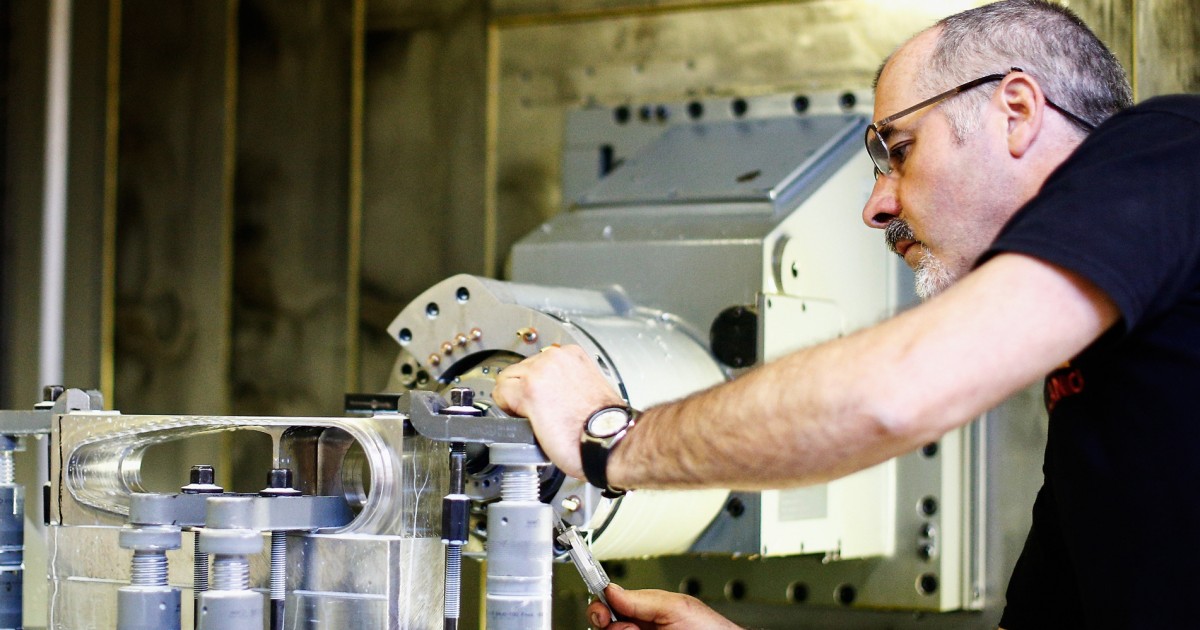
High Energy Density
High Energy Density refers to the amount of energy that can be stored in a given volume or mass of a material. In the context of space and astronautical engineering, high energy density is a critical requirement for energy storage systems used in spacecraft and satellites. This is because space missions require a lot of energy to power various systems, including propulsion, communication, and scientific instruments. High energy density batteries, such as lithium-ion batteries, are commonly used in space applications due to their ability to store a large amount of energy in a small volume. Other examples of high energy density materials used in space include nuclear fuels and chemical propellants. Achieving high energy density is a major challenge in space engineering, as it requires developing materials and systems that can withstand the harsh conditions of space while also providing high performance.
Your Previous Searches
Random Picks
- Ionizing Radiation: Ionizing radiation is a type of radiation that carries enough energy to ionize atoms or molecules, meaning it can remove tightly bound electrons from an atom or molecule, resulting in the formation of ions. This type of radiation can be fou ... Read More >>
- Approach Category: In the context of aerospace engineering, the Approach Category is a classification of aircraft based on their reference landing speed, also known as Vref. This speed is the one at which the aircraft should be flying when it is at a height o ... Read More >>
- Chemical Analysis: Chemical analysis is the process of determining the composition and properties of a substance or mixture. In the context of space and astronautical engineering, chemical analysis is used to identify and quantify the chemical components of m ... Read More >>
Top News

A day at Uranus just got 28 seconds longer...
A day at Uranus just got a little longer...
News Source: ABC News on 2025-04-07

SpaceX's Fram2 returns from first-of-its-kind mission around Earth's poles...
The Fram2 mission, paid for and led by a cryptocurrency billionaire who is flying with three guests, has returned after a journey on a unprecedented polar orbit....
News Source: CNN on 2025-04-04

Scientists release plans for an even bigger atom smasher to address the mysterie...
GENEVA — Top minds at the world’s largest atom smasher have released a blueprint for a much bigger successor that could vastly improve research into the remaining enigmas of physics....
News Source: NBC News on 2025-04-01

Scientists release plans for even bigger atom smasher along the French-Swiss bor...
Scientists at the world’s largest atom smasher have released a blueprint for a much bigger successor that could help solve enigmas of physics, starting in the mid-2040s at a cost of about $16 billio...
News Source: ABC News on 2025-04-01

The 'Blaze Star' hasn't exploded yet, but it could soon...
T Coronae Borealis has an outburst every 79 to 80 years, according to NASA....
News Source: ABC News on 2025-03-28